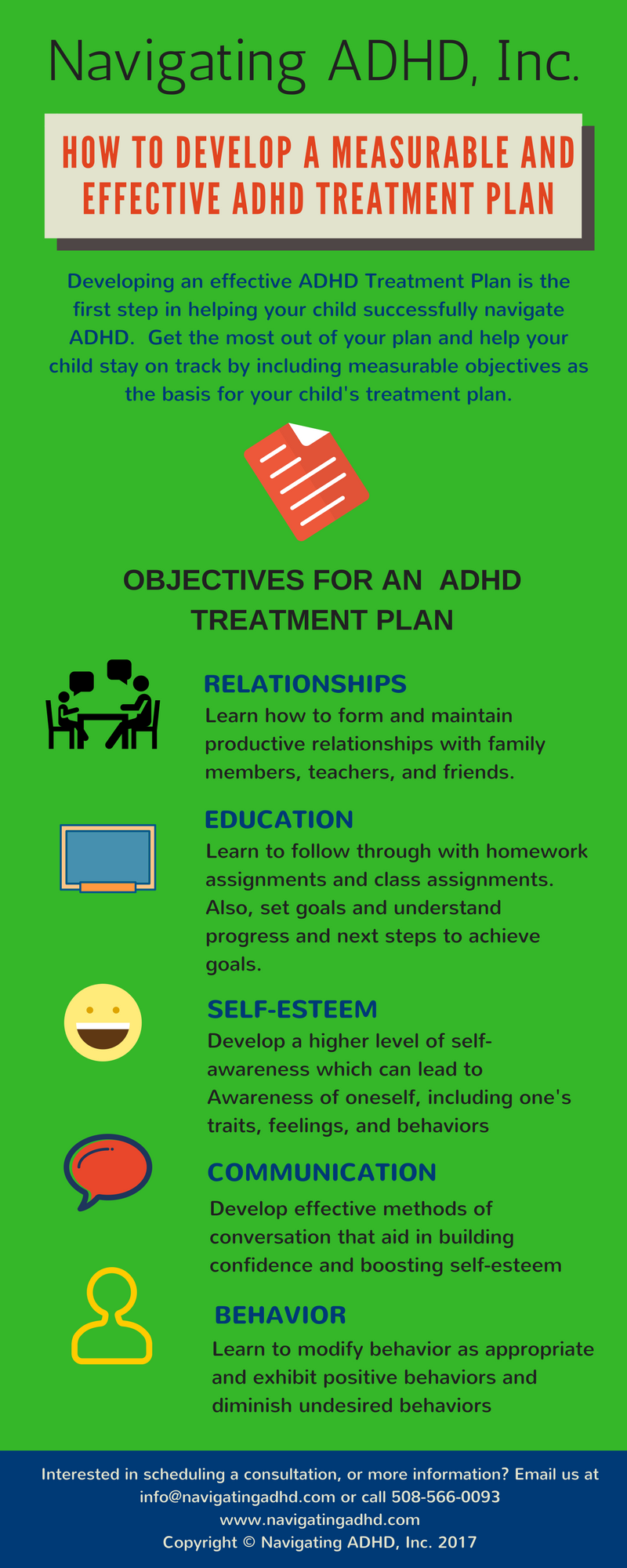Therapist for ADHD Experts Focusing on Targeted Care
Therapist for ADHD Experts Focusing on Targeted Care
Blog Article
The Advantages of Tailored ADHD Therapy Plans for Better Outcomes
The application of personalized ADHD therapy plans has arised as an essential strategy in improving restorative outcomes for people impacted by this problem. By acknowledging the one-of-a-kind manifestations of ADHD in each individual, these customized interventions advertise greater involvement and inspiration, eventually bring about much more efficient coping strategies. This customized method not only addresses scholastic and work-related challenges however also fosters boosted social connections and total high quality of life. The true degree of these advantages raises essential questions concerning the details elements that contribute to long-term success and how they can be enhanced for diverse populaces.
Recognizing ADHD Variability
Although Attention-Deficit/Hyperactivity Condition (ADHD) is usually regarded as a single condition, its indications can vary significantly amongst people. This irregularity is influenced by a series of elements, including age, gender, existing together conditions, and ecological contexts. Youngsters with ADHD might show hyperactive actions, while grownups may predominantly have a hard time with interest deficiencies. Sex differences additionally contribute, as males are more frequently identified with ADHD and frequently present extra obvious symptoms, whereas ladies might provide with less obvious inattentiveness.
Moreover, individuals with ADHD may experience a range of emotional and behavior difficulties, such as stress and anxiety or oppositional defiance, that can complicate diagnosis and therapy. The communication of these variables can cause diverse experiences of ADHD, requiring a nuanced understanding of the disorder. It is additionally worth noting that ADHD can present differently across different social contexts, affecting just how signs and symptoms are acknowledged and addressed. This understanding emphasizes the value of recognizing ADHD as a diverse condition, which calls for personalized methods to treatment that take into account the one-of-a-kind requirements and experiences of each individual.
Trick Components of Personalization
Individualized ADHD therapy plans are grounded in numerous vital components that ensure reliable monitoring of the condition. A detailed evaluation is important, involving standardized ranking scales, meetings, and behavioral observations. This detailed examination allows medical professionals to comprehend the person's one-of-a-kind signs, strengths, and obstacles.
Second, the participation of multiple stakeholders, consisting of parents, instructors, and the person, adds to an alternative view of the person's demands. Partnership cultivates a supportive setting that can adapt to the person's context and lifestyle.
Third, therapy plans must be flexible and adaptable, enabling modifications based on recurring feedback and the individual's evolving requirements. This flexibility allows the assimilation of various restorative strategies, such as behavioral interventions, psychoeducation, and drug administration.
Moreover, cultural and contextual aspects have to be thought about. Acknowledging the person's history, worths, and preferences ensures that the treatment is pertinent and considerate.
Last but not least, regular follow-ups and assessments are necessary to check progress and make required adjustments. By concentrating on these crucial elements, individualized ADHD therapy strategies can dramatically boost the efficiency of interventions, bring about improved end results for individuals with ADHD.
Boosted Involvement and Motivation
To successfully advertise enhanced interaction and inspiration in individuals with ADHD, it is necessary to incorporate methods that resonate with their interests and toughness. Personalized therapy plans that align with an individual's interests can bring about raised participation in restorative activities, fostering a feeling of possession and interest for the process.
Utilizing interactive and imaginative strategies can likewise substantially boost inspiration. As an example, incorporating gamification elements or real-world applications of abilities can make tasks more enticing and appropriate. This not just captures more info here focus however also enhances discovering through enjoyable experiences.
In addition, setting possible and meaningful objectives tailored to the person can reinforce inspiration. When people see their progression in the direction of personally substantial goals, they are most likely to remain involved. Regular responses and recognition of success can even more sustain motivation, developing a positive comments loophole that motivates ongoing effort.
Finally, fostering a helpful setting where individuals really feel recognized and valued can substantially impact their interaction levels. When therapy strategies are developed collaboratively, integrating input from the person, they are most likely to really feel bought their journey, ultimately causing boosted outcomes in handling ADHD.
Improved Coping Approaches
Establishing enhanced dealing strategies is vital for people with ADHD, as it equips them with effective devices to browse day-to-day challenges. An individualized therapy strategy enables the identification of certain coping systems customized to the person's one-of-a-kind demands and circumstances - ADHD treatment. Techniques such as mindfulness, time management skills, and organizational methods can be incorporated into everyday routines, promoting a sense of control and my response minimizing anxiousness
Mindfulness practices, consisting of meditation and deep-breathing workouts, help individuals with ADHD focus their attention and manage their feelings. Time monitoring approaches, such as making use of timers or damaging jobs right into smaller, workable steps, can mitigate feelings of bewilder. In addition, business tools like coordinators and checklists can enhance efficiency and accountability.
Lasting Favorable Results
Carrying out individualized ADHD treatment plans can lead to significant lasting favorable outcomes for individuals. These customized techniques, which consider unique signs and symptoms, choices, and life scenarios, help with more reliable administration of ADHD signs over time. By concentrating on the certain needs of the person, these plans improve adherence to treatment methods and foster higher engagement in healing activities.

In addition, tailored treatment strategies can significantly lower the danger of comorbid conditions, such as anxiousness and anxiety, which are typically connected with ADHD. Early treatment and constant assistance assistance people develop resilience and coping approaches, promoting overall psychological health.
Ultimately, the long-lasting favorable outcomes of customized ADHD therapy plans not only boost the lifestyle for people yet also add to their total health and success in numerous life domain names. This his explanation holistic technique underscores the relevance of individualized care in handling ADHD properly.
Verdict

Report this page